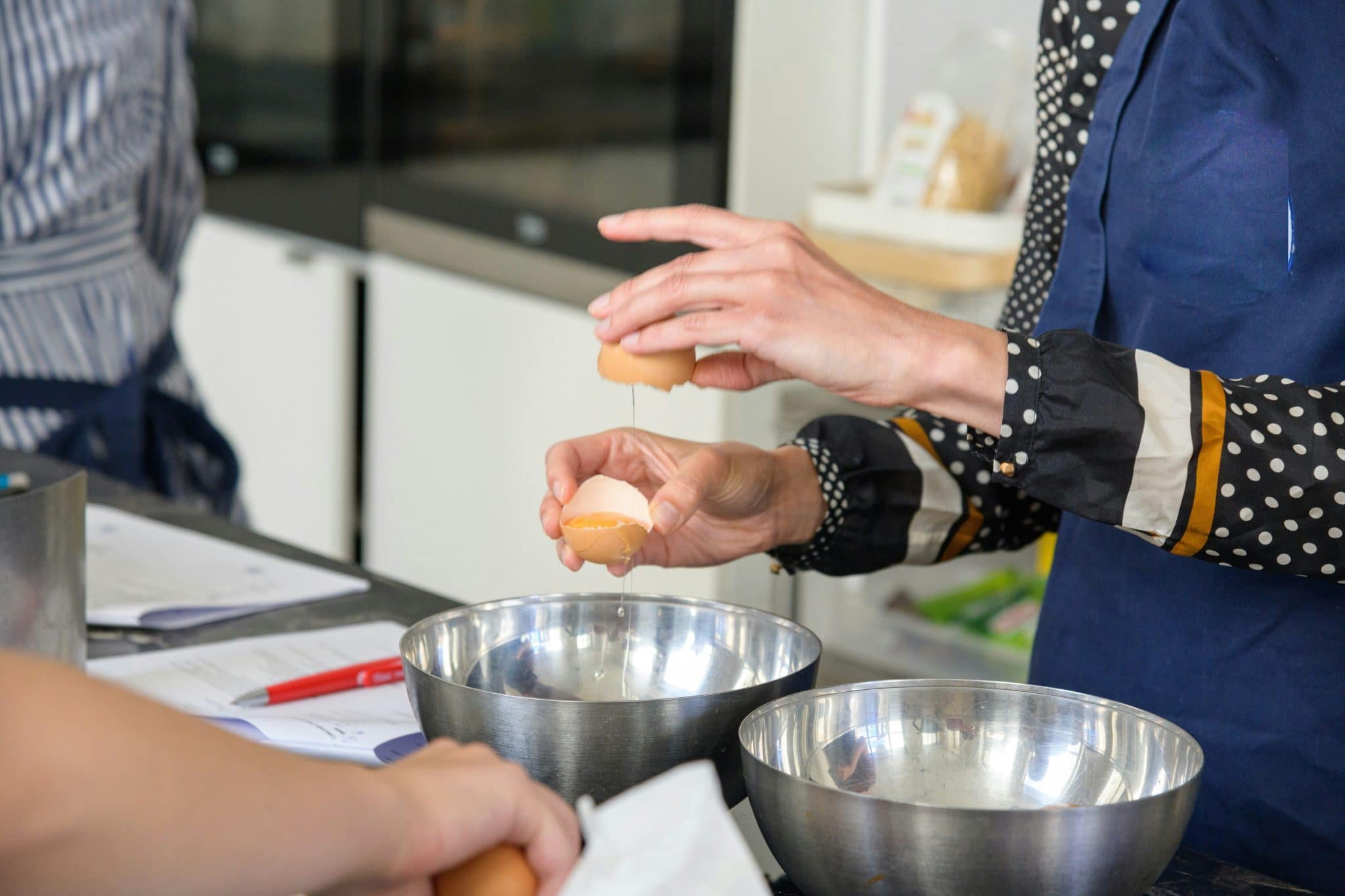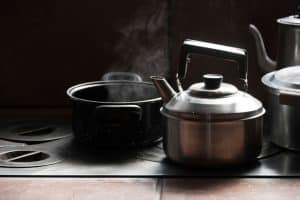Cooking Competition Preparation: Training Techniques for Culinary Athletes
Welcome to the world of culinary competitions! If you are a culinary athlete, competing in cooking competitions is the ultimate test of your skills, creativity, and determination. The intensity and pressure of these competitions are like nothing else in the culinary world. To truly excel, you need more than just talent and experience – you need to train like an athlete. In this article, we will explore the training techniques for culinary athletes that will give you the edge you need to stand out in the world of cooking competitions.
The Importance of Training for Culinary Competitions
Just like any other type of athlete, culinary athletes need proper training to prepare for competitions. Many people assume that having a great recipe and being able to cook it well is enough to win a cooking competition. But in reality, there are many factors at play, and training is crucial to ensure that you can handle the pressure and deliver your best performance on the day of the competition.
Cooking competitions can be physically and mentally demanding. You will be working in a high-pressure environment, often with unfamiliar equipment and ingredients, and against the clock. Without proper training, you may struggle to keep up with the pace and make costly mistakes. Training will help you improve your speed, accuracy, and organization, making you better equipped to handle the challenges of a cooking competition.
Moreover, training will also help you hone your skills and develop new techniques. With the right training, you can learn how to innovate and improvise on the spot, which is crucial in cooking competitions where judges are looking for unique and creative dishes.
Training Techniques for Culinary Athletes
1. Simulate competition conditions
The best way to prepare for a cooking competition is to simulate the conditions as closely as possible. This means practicing with the same equipment, ingredients, and time constraints that you will face in the competition. You can set up a mock competition in your own kitchen or join a cooking competition training program that offers simulated competitions.
This technique will help you get familiar with the pressure, pace, and challenges of a competition, making you better prepared for the real thing.
2. Practice time management
In cooking competitions, time is of the essence. You need to be able to complete your dish within the given timeframe, and any delays or mistakes can cost you valuable points. Therefore, it is important to practice time management during your training sessions.
Divide your training into timed segments and try to complete each task within the set time. This will help you build the speed and accuracy needed to excel in a cooking competition.
3. Work on your organization skills
Organization is key in a cooking competition. You need to have a clear plan of action and everything should be within arm’s reach to avoid wasting time and effort. During your training, pay attention to how you organize your workspace, ingredients, and tools. Make sure everything is easily accessible and labeled to avoid confusion and mistakes. This will also help you work more efficiently in a high-pressure environment.
4. Learn new techniques
Innovation and creativity are highly valued in cooking competitions. To stand out from the rest, you need to learn new techniques and experiment with different ingredients and flavors. Attend cooking classes, workshops, and watch tutorials to learn new methods and expand your culinary knowledge. Incorporate these new techniques into your training and apply them to your dishes in the competition.
5. Get feedback from others
Honest feedback is essential for improvement. During your training, ask your friends, family, or fellow chefs to taste your dishes and provide constructive criticism. They may spot some flaws that you had not noticed and suggest improvements. This will help you refine your dishes and ensure that they are competition-worthy.
Conclusion
Culinary competitions are intense and challenging, but they can also be incredibly rewarding. With the right training techniques, you can prepare yourself to face any obstacle and deliver your best performance on the day of the competition. Keep in mind that training is an ongoing process and you should continuously strive to improve and refine your skills. So, keep practicing, stay focused, and good luck in your next culinary competition!










